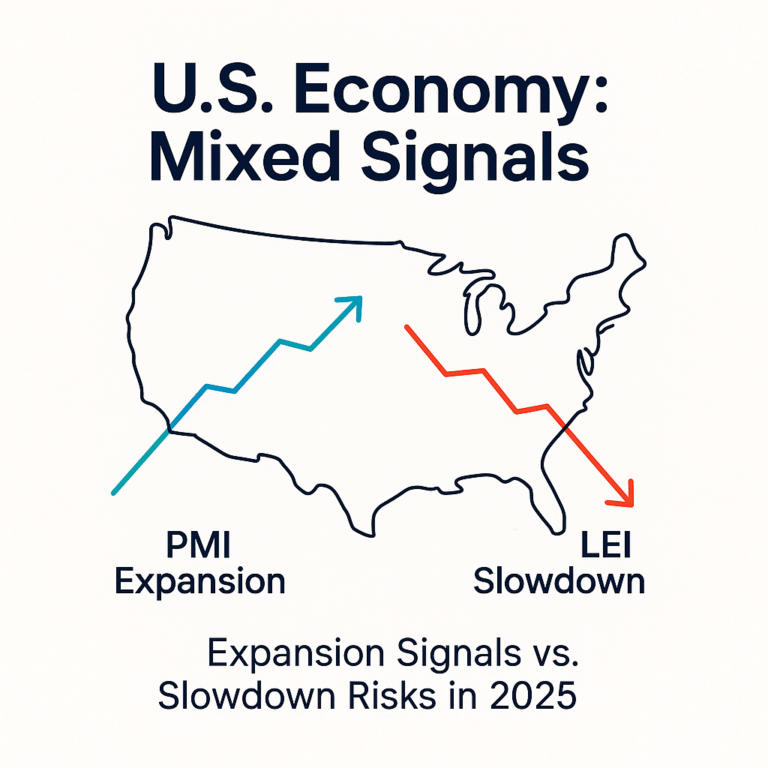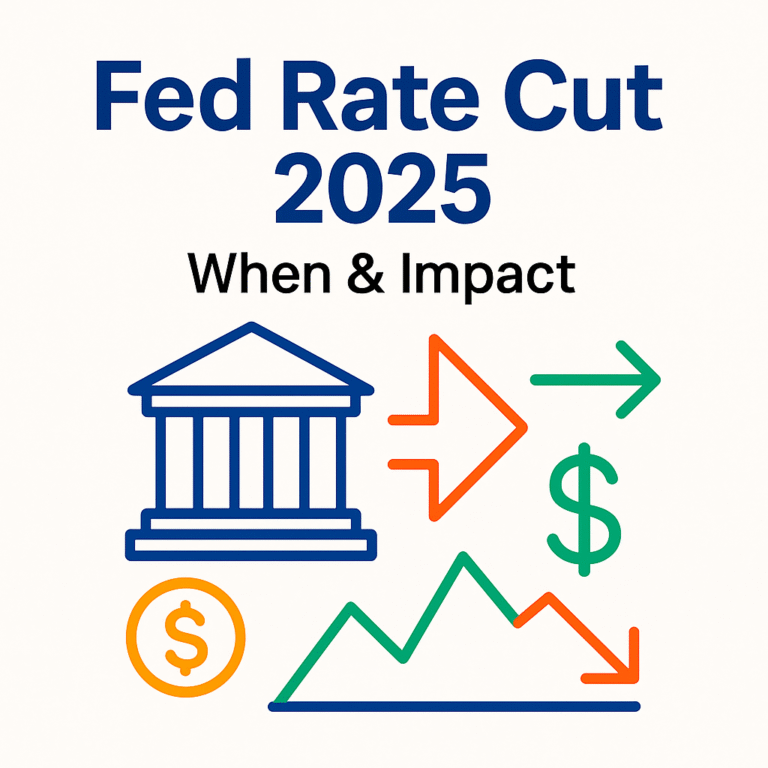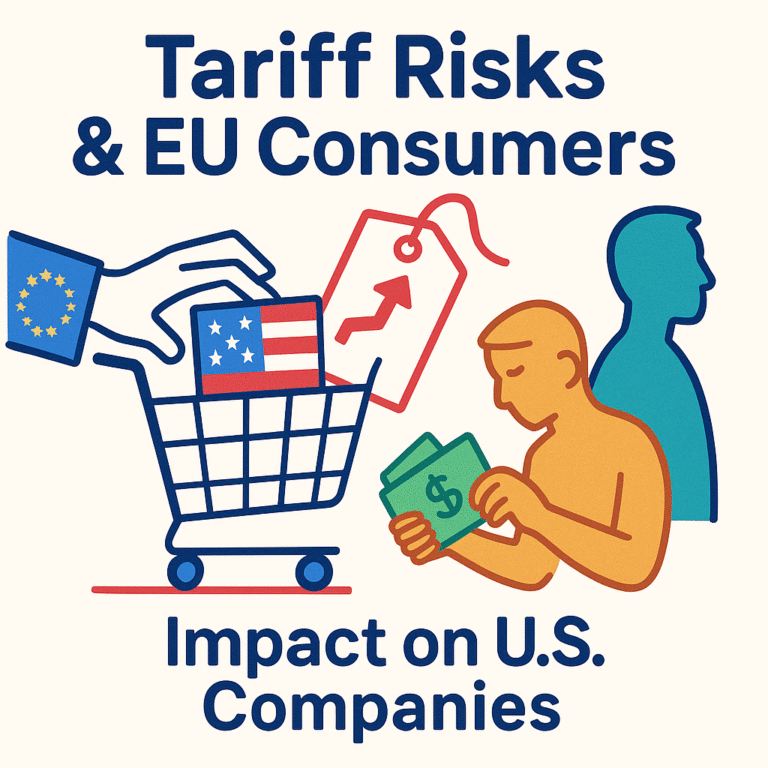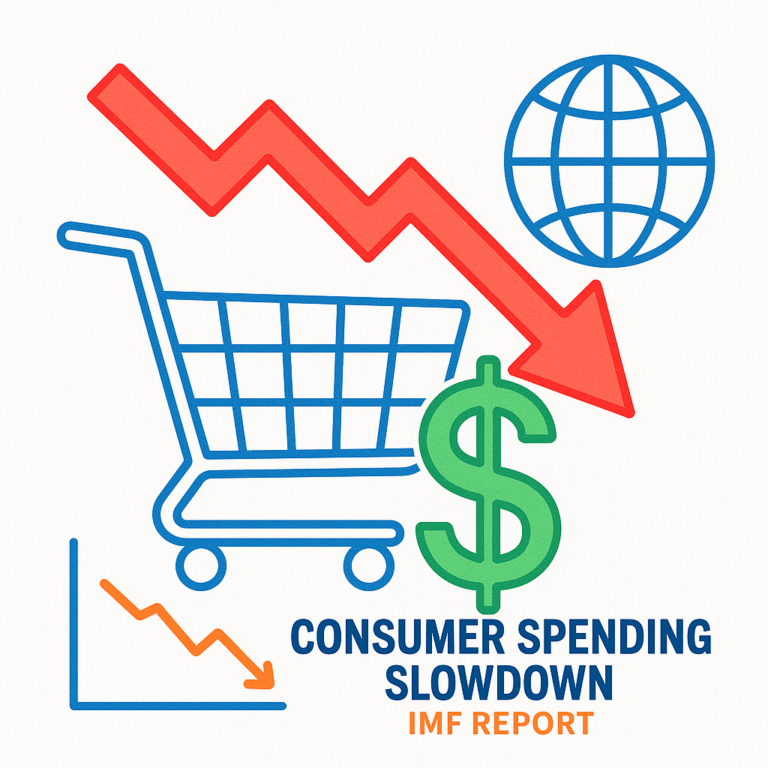Gen Z Dating on $0 in 2025? How the ‘Romance Recession’ Is Redefining Love and Money
Why are Gen Z couples spending $0 on dates? Explore the “Romance Recession” trend and how it’s reshaping love, money, and lifestyle in 2025.
Key Takeaways
✔ Over 50% of Gen Z adults in the US now spend $0 per month on dating.
✔ Those who do spend typically keep it under $100.
✔ Saving and debt repayment are top priorities for Gen Z.
✔ Alternative date ideas such as home cooking, free events, and walks are growing in popularity.
✔ Financial responsibility is increasingly seen as an attractive trait in relationships.
A new phrase is trending in America’s social and financial circles: the “Romance Recession.”
This isn’t just about young people dating less. It’s about how Gen Z, even when dating, is cutting spending to the bare minimum. A 2025 Bank of America survey revealed that more than half of Gen Z (ages 18–28) spend $0 on dating each month.
This shift reflects broader realities—rising living costs, soaring rents, and the return of student loan repayments. Unlike previous generations, who often viewed dating as a spending occasion, today’s Gen Z sees financial stability and future security as higher priorities.
Why the “Romance Recession” Emerged
The roots of this trend lie in today’s economic environment. After the pandemic, the US faced high inflation, rapid interest rate hikes, and surging housing costs. At the same time, federal student loan repayment resumed, placing a heavy burden on young adults.
For many Gen Zers, dating has become a “non-essential expense” rather than a priority. Romance, in this context, takes a back seat to paying down debt and building savings.
Spending Patterns: What the Numbers Say
The numbers highlight just how dramatic the shift is.
|
Spending Level |
Share of Gen Z (18–28) |
|---|---|
|
$0 |
Over 50% |
|
$1–$100 |
Around 25–30% |
|
$100+ |
Small minority |
The majority either spend nothing or keep their costs extremely low, a stark contrast to Millennials and previous generations.
Expert Perspectives on Financially Responsible Dating
Experts say this is more than just thriftiness. Reuters noted that “being financially responsible is now considered sexy.”
Among Gen Z, saving and budgeting are not only about self-discipline but also seen as attractive qualities in a potential partner. Spending extravagantly on restaurants or gifts no longer guarantees desirability—financial mindfulness does.
This reflects a generational redefinition of romance, where responsibility outweighs material display.
Impact on Industries and Financial Services
The shift is rippling across industries. Restaurants, cinemas, and live entertainment—traditionally fueled by dating demand—are seeing reduced activity among young consumers.
At the same time, demand is rising for alternatives: meal-kit subscriptions for home dates, free cultural events, and budget-friendly leisure activities.
Financial services are also adapting. Budgeting apps, high-yield savings accounts, and investment platforms are experiencing growing popularity as Gen Z seeks tools to support their money-first mindset.
What’s Next: Alternative Dates and Hidden Risks
Looking ahead, zero-cost and low-cost activities will likely dominate Gen Z dating culture. Cooking at home, hiking, attending free concerts, or working out together may become the new norm.
Yet, there are risks. If relationships are constantly filtered through financial limits, it could affect emotional depth and long-term satisfaction. Even as inflation cools, the habit of prioritizing financial security may stay deeply embedded in Gen Z’s lifestyle.
This suggests the “Romance Recession” is not a passing phase but rather a new social standard for how younger generations balance love and money.
In 2025, Gen Z is reshaping dating culture through the “Romance Recession.” Financial discipline and savings have become not just personal goals but socially valued traits.
This transformation is influencing everything from restaurants to fintech, marking a generational shift in how romance fits into modern life.







